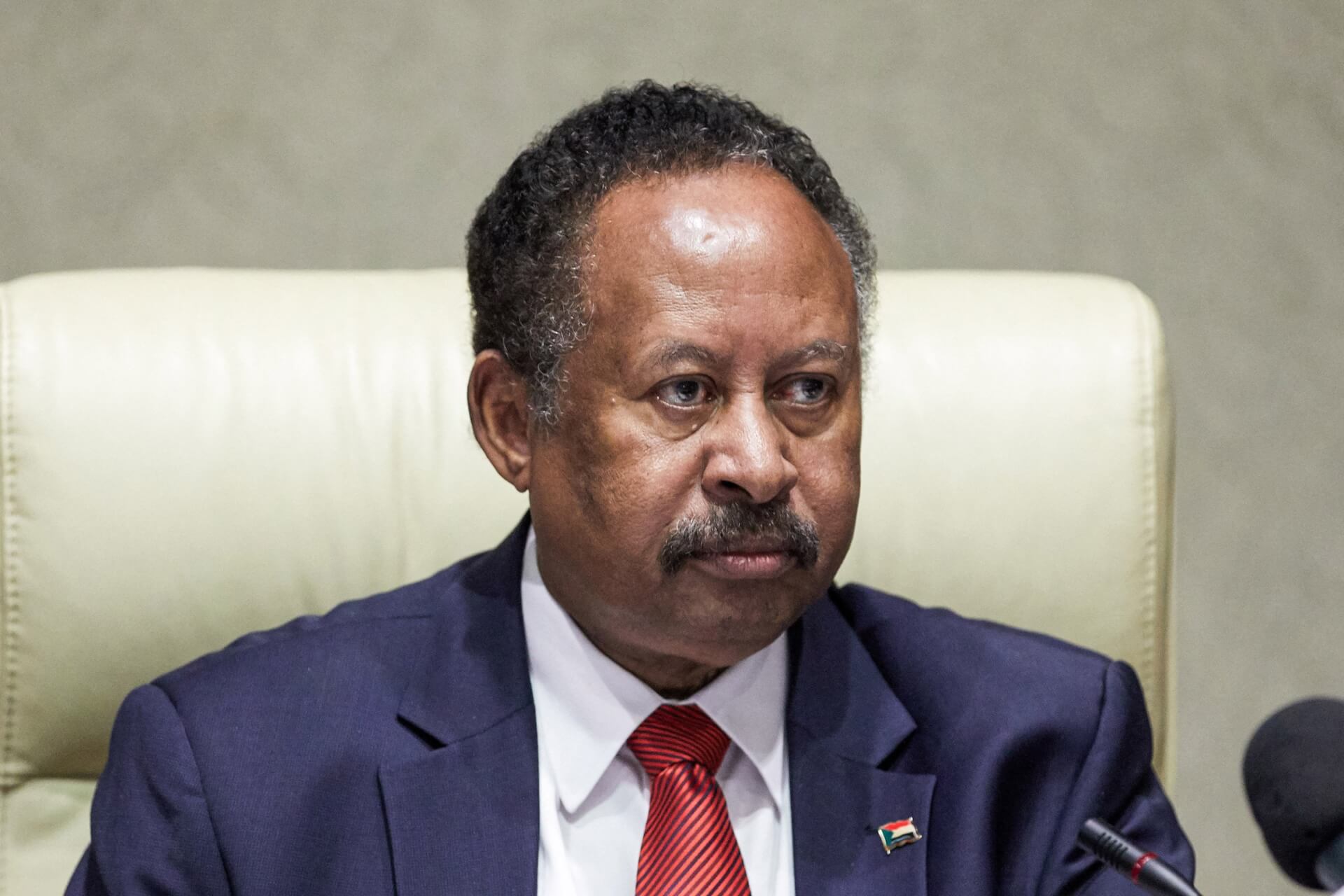Sudan’s military on Sunday reinstated civilian leader Abdalla Hamdok as the country’s Prime Minister (PM) almost a month after he was ousted in a coup. The military also said that it would release all political detainees and that the 2019 military-civilian power-sharing agreement would remain as the basis for further negotiations.
The announcement was made following a deal between Hamdok and military leader Gen. Abdel Fattah al-Burhan. The 14-point deal, which was signed at the Presidential Palace in Khartoum, states that Sudan’s constitution will be amended to ensure that the civilian-military partnership is strengthened and that the transitional government endures.
Furthermore, the deal specifies the creation of a unified army and states that a committee to investigate the October 25 coup will be formed. The agreement also envisages the formation of a technocratic government to be led by Hamdok until new elections can be held. The deal mentions that power will be handed over to an elected civilian government once the transitional period ends in 2023.
While the deal leaves the civilian government in charge of transitioning the country towards democracy, it still gives the military significant oversight and control over the cabinet.
Gen. Burhan hailed the agreement and vowed to continue supporting Sudan’s transition to democracy. Stating that the military has been “working day and night” to resolve the crisis, he said, “We are aware of all the sacrifices made by the Sudanese people. We will continue to work towards preserving the transition.”
Moreover, Gen. Burhan stated that the deal would be inclusive and involve “all national forces” in order to establish a “true partnership” and ensure that democracy prevails. “By signing this declaration, we could lay a genuine foundation to the transitional period,” he declared.
The deal was also praised by Hamdok, who said that it “opens the door wide enough to address all the challenges of the transitional period.” He added that he agreed to the deal to put an end to the “bloodshed” and prevent additional casualties. “Sudanese blood is precious. Let us stop the bloodshed and direct the youth’s energy into building and development,” Hamdok said.
However, the deal was rejected by thousands of protestors, who took to the streets of Khartoum and nearby cities on Sunday. The protestors said that they will not accept any agreement with the military and demanded an immediate and complete transfer of power to the civilian government.
#Sudan 🇸🇩: the streets of #Khartoum as Hamdok signs a new deal with the military.
— Thomas van Linge (@ThomasVLinge) November 21, 2021
A clear outright rejection of any agreement which includes the military. pic.twitter.com/PLaMGMlmzz
Protestors also criticised Hamdok for signing the deal. “Hamdok has sold the revolution,” protestors chanted, referring to the 2019 revolution that led to the toppling of dictator Omar al-Bashir. “Hamdok has disappointed us. Our only option is the street,” a protestor told Reuters on Sunday.
The protests triggered clashes between the demonstrators and security forces. A 16-year-old boy was killed after being shot in the head by government forces, Sudan’s main doctors’ body announced.
The deal was also rejected by the Forces of Freedom and Change (FFC), the civilian coalition that shared power with the military before the coup. The FFC said that the agreement is “illegitimate and unconstitutional” and provides a political cover for last month’s military takeover.
Also Read: The Historical Irreversibility of Military Coups Points to a Dangerous Outcome in Sudan
The FFC called the military a “brutal gang” and said they had “nothing to do” with the deal. It also called for a “new and glorious revolution” that will “tighten the noose on those behind the coup, and lead to their downfall.”
However, the United States, the United Kingdom, and the European Union welcomed the deal in a joint statement on Sunday and urged the military to release all political detainees. The United Nations also welcomed Hamdok’s reinstatement.
Last month, Sudan’s military ousted its civilian-led transition government in Khartoum in a coup. Gen. Burhan dissolved the government and declared a state of emergency after arresting Prime Minister Abdalla Hamdok. Burhan said the coup was meant to ensure Sudan’s stability, which was jeopardised due to infighting between the military and civilian parties.
Tensions between civilian and military leaders exploded following a failed coup attempt in September by a military faction loyal to former dictator Bashir. Both camps accused each other of being responsible for the coup and for the lack of progress made by the transitional government towards establishing a democratic path forward.
The civilian-military transitional government was established in 2019 following the ouster of longtime dictator Bashir in a military coup after large-scale protests demanding his removal. Following Bashir’s removal, the military signed a power-sharing agreement with the civilian FFC coalition. The transitional government was tasked with dismantling the Bashir-era political and financial framework and easing the path towards democratic transition.

